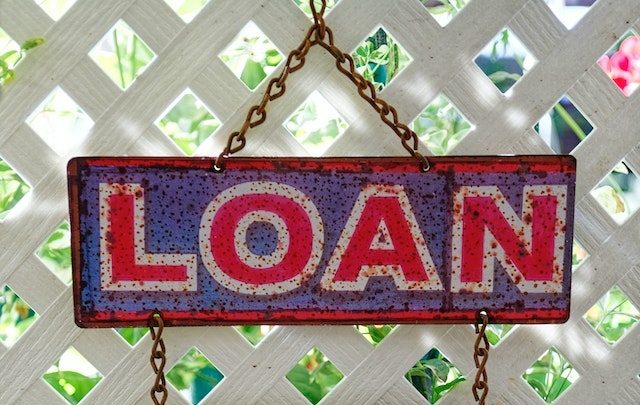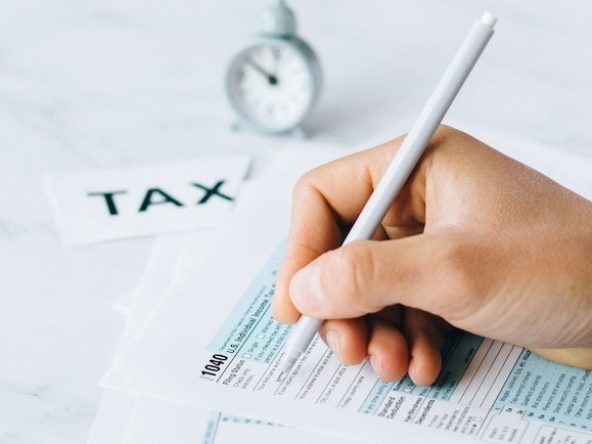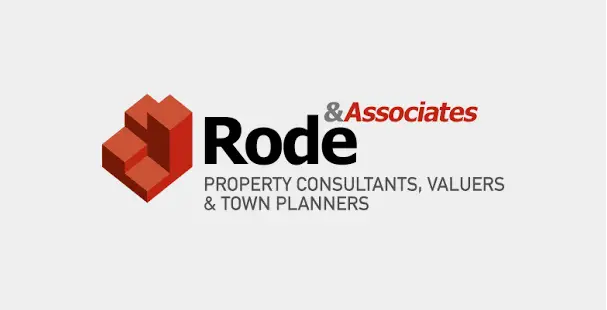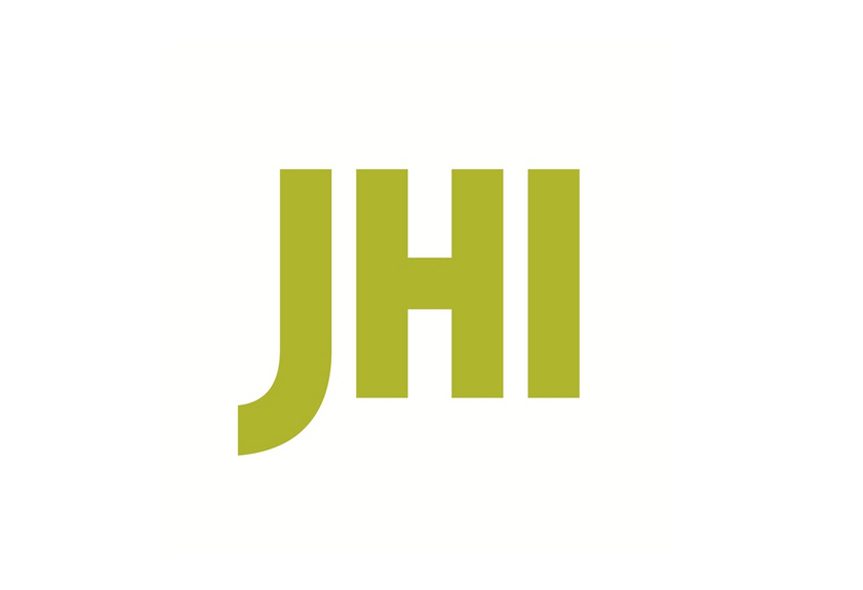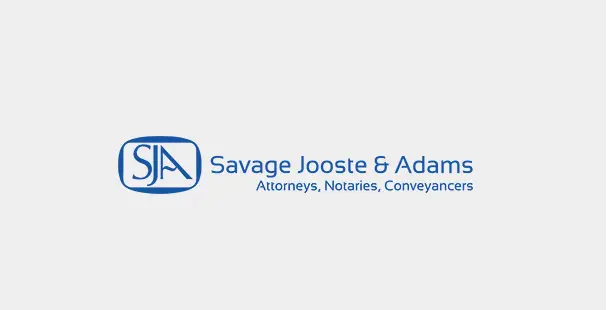When it comes to borrowing money, one of the first decisions you will need to make is whether to go for a secured or an unsecured loan. Both types of loans have their advantages and disadvantages, and the right choice will depend on your individual circumstances and financial goals. In this article, we will explore the difference between secured and unsecured loans, and help you make an informed decision on which type of loan is best for you.
What is a Secured Loan?
A secured loan is a loan that is secured by collateral, such as your home, car or other valuable asset. The lender will use this asset as security against the loan, which means that if you are unable to make the repayments, they have the right to seize the asset and sell it in order to recover their money.
The most common type of secured loan is a mortgage, which is used to buy a home. In this case, the home itself serves as collateral against the loan. Other types of secured loans include car loans, home equity loans and secured personal loans.
The main advantage of a secured loan is that you can typically borrow larger amounts of money at lower interest rates, since the lender has the security of your asset to fall back on if you default on the loan. However, the downside is that if you do default, you could lose your asset, which can have serious consequences for your financial future.
What is an Unsecured Loan?
An unsecured loan, on the other hand, is a loan that is not secured by any collateral. Instead, the lender will base their decision to lend you money on your creditworthiness and ability to repay the loan.
The most common type of unsecured loan is a personal loan, which can be used for a variety of purposes such as debt consolidation, home improvements or unexpected expenses. Credit cards are also a form of unsecured borrowing.
The main advantage of an unsecured loan is that you do not have to put up any collateral, which means that you do not risk losing your assets if you are unable to make the repayments. However, because the lender is taking on more risk, interest rates on unsecured loans are generally higher, and the amount you can borrow may be limited.
Which One is Right for You?
The decision to choose between a secured or unsecured loan will depend on a variety of factors, including your credit history, income, and financial goals. Here are some factors to consider:
- How much money do you need to borrow? If you need to borrow a large amount of money, a secured loan may be the best option as you can typically borrow more at a lower interest rate.
- How good is your credit score? If you have a good credit score, you may be eligible for a low-interest unsecured loan. If your credit score is poor, a secured loan may be the only option.
- How quickly do you need the money? Unsecured loans are often processed more quickly than secured loans, which can be useful if you need the money urgently.
- What assets do you have? If you own valuable assets that you can use as collateral, a secured loan may be the best option. However, if you do not own any assets, an unsecured loan may be the only option.
- How long do you need to repay the loan? If you need a longer repayment period, a secured loan may be the best option as they often have longer repayment terms.
Ultimately, the choice between a secured or unsecured loan will depend on your individual circumstances and financial goals. It’s important to do your research and shop around for the best deal, taking into account the interest rates, fees, and repayment terms of each loan option.


